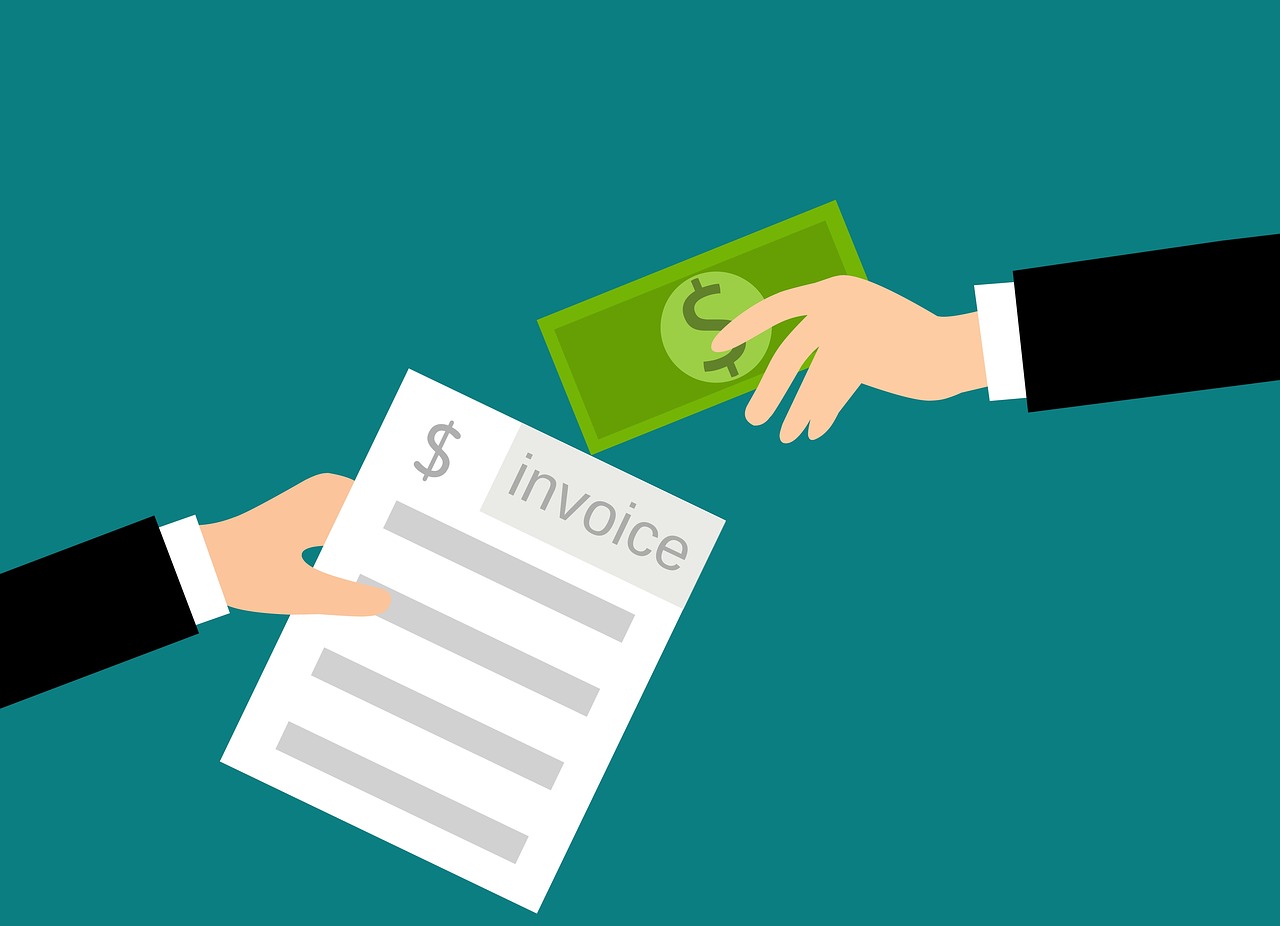
How to Apply a Discount to an Invoice
How to Apply a Discount to an Invoice A good discount is what your customer…

According to a recent Airbase survey, 97% of U.S. financial professionals still spend hours doing manual bookkeeping. At the same time, 47% of respondents complained that the lack of automation in finance and accounting significantly increases the waste of budget and time. The automation accounting process has become vital for all business representatives, even the smallest. What is an automated accounting system, what benefits will it bring, and how to enable it? Read on to get the answer.
Automating the accounting process involves the use of specialized software in accounting, which replaces most of the manual operations. Thanks to new technologies, you can automate everyday tasks, such as sending and processing invoices, recording them in the ledger, and more.
“Will accountants be automated?”, “Will CPAs be automated and excluded from these systems?” The answer is not really. The fact is accounting automation frees financial professionals from many monotonous tasks. It can save hours on recording and processing data. Your employees will no longer exhaust themselves from performing day-to-day tasks. On the contrary, they will become more productive and will be able to focus on strategic tasks.
Conversely, a definition of manual accounting system means hours of tedious work, constant mistakes, and high spending. Manual bookkeeping burdens your employees with annoying paperwork. As a consequence, professionals become weary and inefficient. In such an environment, it’s easy to make a mistake. And fixing errors is the most costly part of manual bookkeeping.
Although software can’t replace an accounting department, it can significantly enhance it. Accuracy, efficiency, security, and quickness are the main benefits of accounting automation. By streamlining routine activities, your employees can focus on more skilled tasks. This equates to more efficient data analysis and interpretation.
In addition, artificial intelligence minimizes the human element. Consequently, the risk of errors reduces as well. It is known that well-run accounting is crucial for any business. Without automatization, finance specialists must double-check every line in entries to identify a mistake. This process can take up to several days. Remember that it is impossible to save with manual labor. On the contrary, this method will cause an enormous waste of money and workforce. Calculate how many hours your employees spend on manual input. It’s very unlikely that their pay rate is lower than the cost of the software.
 In all areas of life, automated bookkeeping systems are beneficial. Dealing with a template for commercial invoice may exhaust suppliers and international traders. The fact is that an invoice defines the terms of the transaction and formally confirms it between the parties.
In all areas of life, automated bookkeeping systems are beneficial. Dealing with a template for commercial invoice may exhaust suppliers and international traders. The fact is that an invoice defines the terms of the transaction and formally confirms it between the parties.
Another benefit of automation is quick access to data, which can be extremely helpful in growth goals setting. It also helps to organize records and documents. The result is better categorization, storage, and retrieval of information. You’ve probably looked for a sample invoice if you sell goods or services online. Moreover, automation in accounting industry improves internal security. With multi-layered data protection, you no longer have to worry about cyber-attacks. Automated bookkeeping systems are well protected from leaks, fishing, and breakdowns.

Every business has its own features and therefore needs. The answer to how can accounting be automated will depend on your company’s size and the accounting complexity. Based on your needs, there are several options to automate:
Accounts Payable. AP automation allows you to run the business more efficiently. It is a valuable tool for processing vendors’ bills, invoices, and payments. The only drawback to automated AP systems is the high cost. However, this shouldn’t be a problem for companies with increased revenues.
Accounts receivable. This will help to ensure that your customers pay for the service or goods on time. AR Automation allows you to set up a predictable cash flow.
Expenses. Automated trackers help you analyze spending, which is essential for smart budget management. Knowing your finances easies the growth goals setting without risking your wallet.
Invoices and Bills. This option is perfect if you need to implement automation for small business. Instead of manually creating, mailing, and managing invoices, take advantage of a ready-made template for receipt. Invoice management automation also simplifies the storage, analysis, and recording of invoices. Using a free invoice template Word to create, manage, and track invoices is an efficient and cost-effective way to streamline the billing process. Reports. Timely financial reviews help you better see your weaknesses. Interpreting data from analyses will be helpful for workflow optimization. Payroll. Automation or outsourcing specific aspects of payroll administration will streamline your HR processes. Unlike the manual, this method is safer, more reliable, and more efficient.


How to Apply a Discount to an Invoice A good discount is what your customer…

How to Add Taxable and Non-Taxable Items on One Invoice Invoicing is never as straightforward…

3 Reasons to Use Paperless Invoices It is 2024 out there, and machines have already…